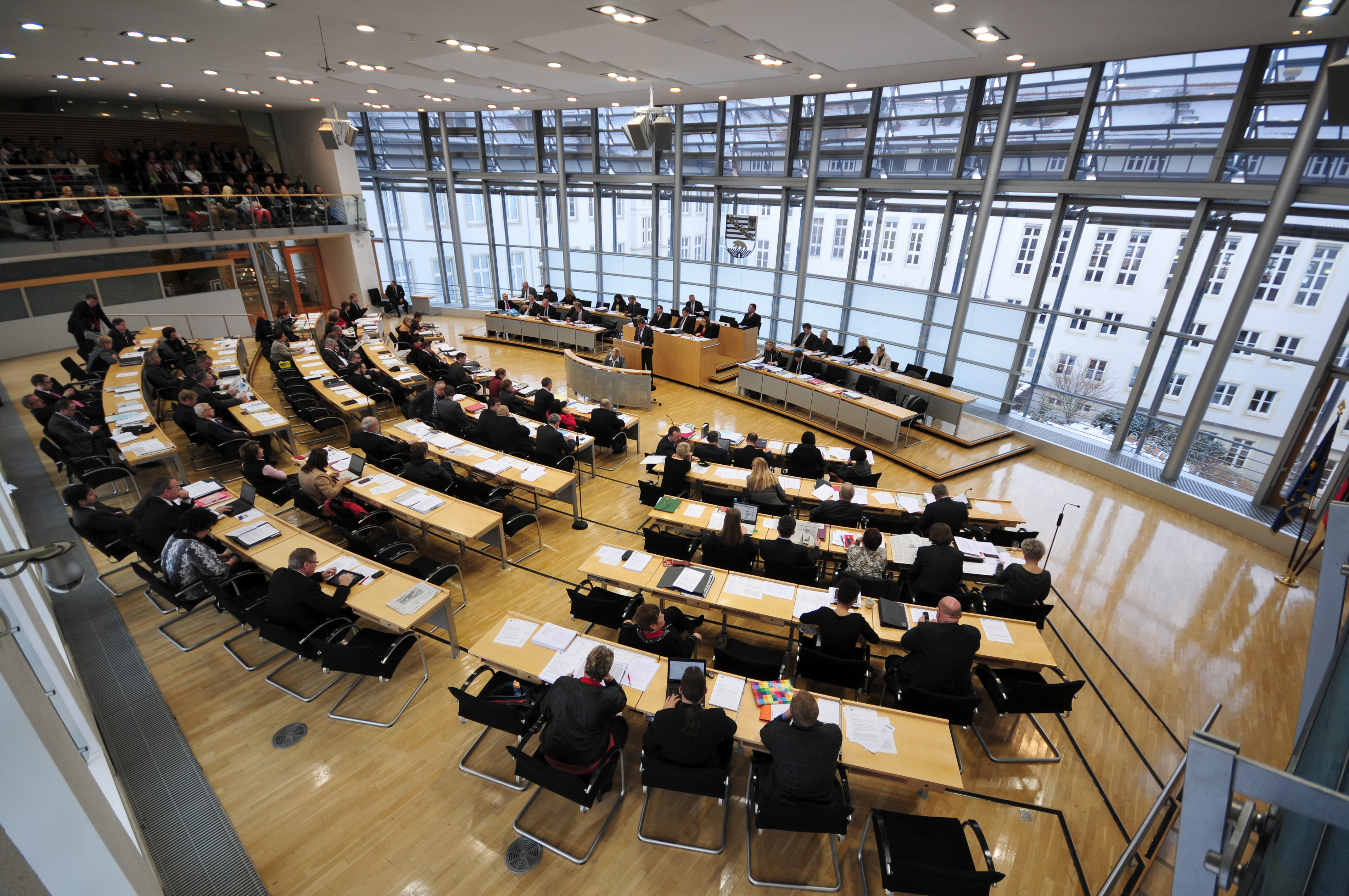In Germany, right-wing parties repeatedly attack community radios

In recent years, the attacks from the right on community radios and free radios have increased but changed their modus operandi. While a few years ago leading figures of right-wing parties took legal action against reporting by community radios (e.g. against Radio Dreyeckland, Freiburg or Radio Frei, Erfurt), the strategy has now shifted by the right to the use of the parliamentary structures for these attacks. With the strengthening of the right-wing AfD (“Alternative for Germany”) party and its entry into parliaments, community radios have become the focus political activities of this party’s ‘political activities’ because of their reporting and their core anti-fascist ethos.
Free Radios in Berlin and Brandenburg were named in parliamentary questions in the Brandenburg state parliament. While in Saxony-Anhalt Radio Corax was the subject of parliamentary questions from the AfD in parliament. Then the AfD sent a complaint to the media authority of Saxony-Anhalt against Radio Corax. Furthermore, a few weeks ago they introduced a motion to the state parliament that stipulated that all public funding should be withdrawn from Radio Corax. The application was discussed in a parliamentary debate and then rejected by all democratic parties in the state parliament.
Even if these attacks have not been successful yet, a strategy against community radios can be recognised. The motions and inquiries in the various parliaments are similar in wording and the focus is on free radios critical reporting of AfD actions and the alleged left-wing extremist constitution of the radio stations.
It is obvious that the attacks by the AfD against community radios is the public discrediting not only of the radios themselves but also of anti-fascist approaches. And at this point the AfD is looking to create alliances with those in the conservative parties who have long been promoting anti-fascism as anti-democratic.
It is now essential that community radios do not allow themselves to be intimidated and confidently declare their democratic and anti-fascist ethos to the public and upheld them against political attacks. Especially when the attacks do not come from the camp of the right-wing parties, but from that of the liberal and conservative parties that see themselves as democrats. This is just the case in Flensburg (Schleswig-Holstein), where the young radio FRATZ is about to lose its local funding. There, the iberal FDP tries to withdraw the municipal funding for Radio FRATZ accusing them of one-sided reporting. The conservative party CDU supports the application, albeit not in the term of programming content, but because of the alleged discrimination against people who are legally not allowed access to Radio FRATZ as it is the case of members of the security forces such as the police. And, of course, both parties reject the accusation that they are using funding as a way to restrict freedom of the press.
In times of increasing nationalistic and authoritative forces, Community/Free/Associative radios -as independent, self-managed media but also as socio-political institutions- can be found alongside all those who are attacked for their commitment to a inclusive and democratic society. We should take this opportunity to stand up together and move from defense to the offensive against the forces of regression.